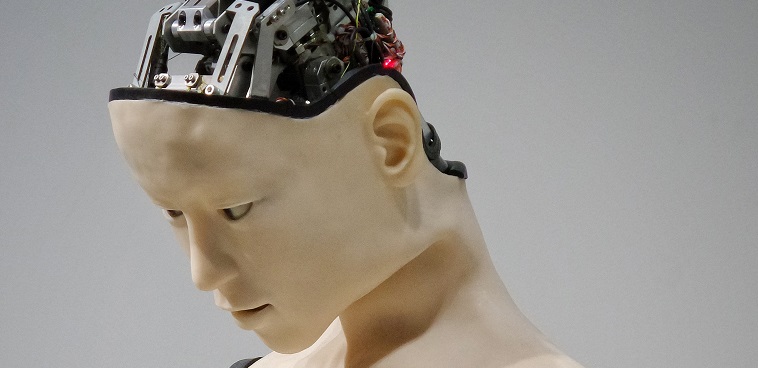Will artificial intelligence change the way you lead? Yes, and probably in ways that were unthinkable even a few years ago. There’s a lot being written right now about how AI will affect the white-collar workforce. Jobs once thought immune to automation due to their extensive need for human analysis are now seen as AI’s next target.
Career coach (and SmartBrief contributor) Dana Theus says the bots are already poised to change the game for leaders. In her article “Managers, Are You Ready to Hire Bots onto Your Teams?” Theus predicts, “Whereas a year ago I would have told you that the experts were saying such advancements wouldn’t mean major job changes for most office workers, today the experts are saying that almost every job will be affected in the next decade, or sooner.”
What does all of this mean for the everyday leader in the trenches? Before anybody runs through the streets like some workplace version of Chicken Little, yelling, “the bots are coming!” let’s consider what an AI workplace really means for you and the team you lead.
It’s part of the workplace’s evolution. When you view the discussion of artificial intelligence as nothing more than a continued exploration of the workplace, it becomes less threatening. Think of any technological advancement that you’ve personally experienced over the past decade or so. At its inception, there were most likely enthusiasts and naysayers. But over time, the new technology settled in and became part of the workplace fabric. Adding AI to the mix is just the latest iteration of an ever-evolving discussion of how humans get work done.
To survive, develop the whole person. It’s the very quality of being human that still sets us apart from AI. Even though bots continue to advance their ability to mimic the human mind, we still have the edge on soft skills such as collaboration and empathy. Now, more than ever, team members need to develop their technical and their interpersonal skills. Are you developing people to their fullest human potential? Given that the World Economic Forum estimates that 10 of the 16 most critical skills for the workplace are soft skills, savvy leaders will continue to place equal emphasis on job-specific skill development as well as interpersonal skills.
Reflect on how you lead. Leadership, while typically already seen as a wholly human endeavor, will still need to adapt. Nobody will be immune to advances in technology. What’s a leader to do? Tech expert Paul Roehrig sums it up nicely in this Fast Company article in which he advises, “to beat the bot, you need to be more human.” And the more human, the better. Qualities such as compassion, mindfulness and selflessness are now seen as the foundation for effective leadership. Give consideration to how you stack up in these often overlooked leadership traits.
Get ready for a bot/human team. Theus advises leaders to “future-proof” themselves and their team members. Rather than being merely tools that humans use, bots will soon be part of a hybrid team of machines and humans. “To stay ahead of the curve on these kinds of market shifts, you need to start thinking about how you produce results using both human and automated team members,” she writes. As unsettling as it might be to think about a bot as a team member, the way to stay ahead of the game is to double down on helping your human team members do what they do best: create, connect and bring human energy to their work endeavors.
AI will soon affect how you lead. Are you ready? Use these four tips to stay ahead of the curve and capitalize on the one element a machine has yet to master: your humanity.
Jennifer V. Miller is a freelance writer and leadership development consultant. She helps business professionals lead themselves and others towards greater career success. Read more about leadership and AI on her blog The People Equation from the post, “7 Reasons Leaders Should Focus on Developing Employee Soft Skills.”
If you enjoyed this article, sign up for SmartBrief’s daily email newsletter on being a better, smarter leader. We also have more than 200 industry-focused newsletters, all free to sign up.
